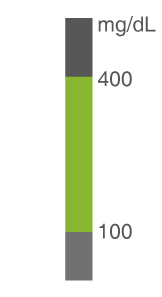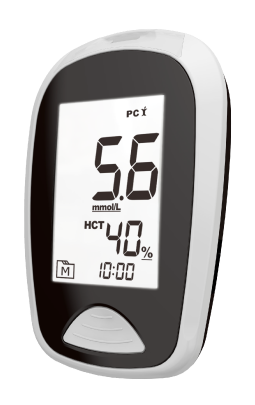

- Hematocrit (HCT) is the percentage of the red blood cells in your blood.
- Hematocrit (HCT) level varies between individuals, the normal HCT level for
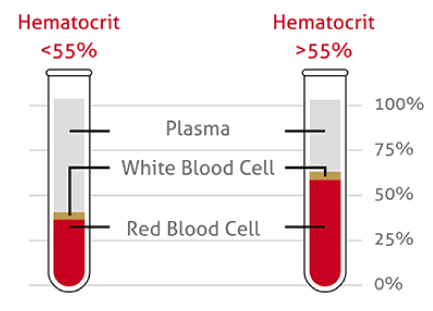
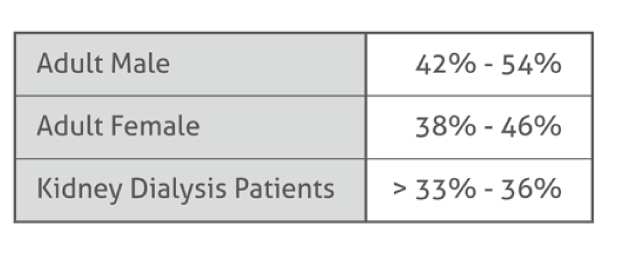

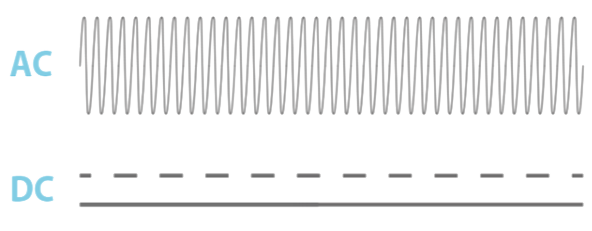
TaiDoc patented 2 + 2 (HCT Interference Compensation; 2 enzymes plus 2 signals) technology uses two different wales on the strips to detect HCT value by AC signal and glucose value by DC signal.
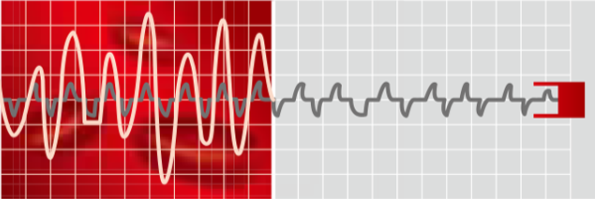
Utilizing AC signal to calculate the hematocrit value in order to compensate the correct value from a small volume, fast and accurate test.
Therefore the hematocrit value can compensate the correct glucose value to increase measurement range.
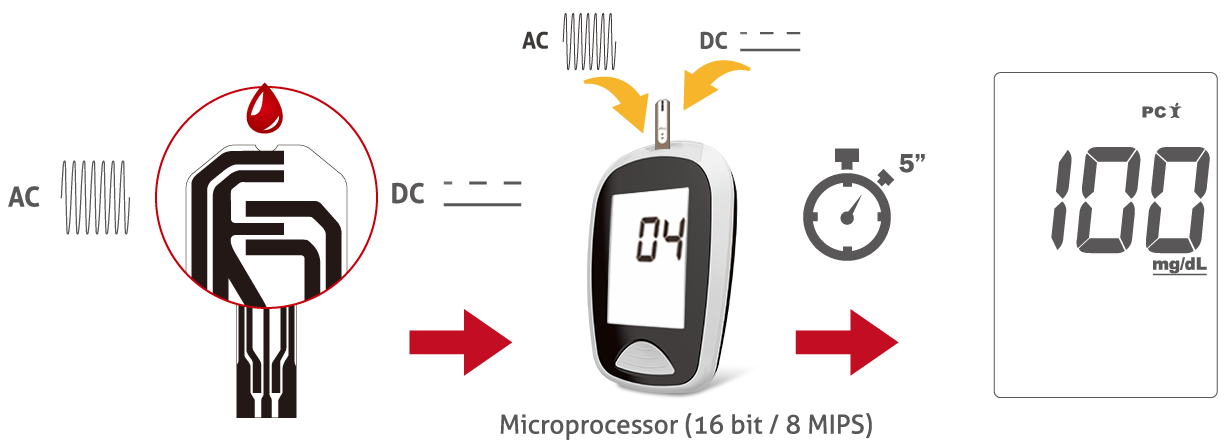




Enzyme Type

Sample Size
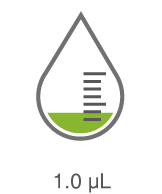
Reaction Time

Storage Condition
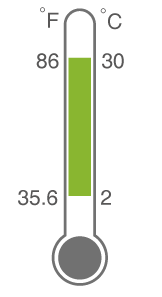
Hematocrit Range
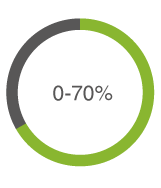
Measurement Range
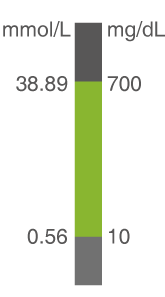
Precision
SD < 5mg/dL (0.278mmol/L)
if < 100mg/dL (5.56mmol/L);
CV < 5%
if ≥ 100mg/dL (5.56 mmol/L)
Accuracy
≤ ±15mg/dL
if < 100mg/dL;
≤ ±15%
if ≥ 100m g/dL


Ketones are a type of acid produced when there is a shortage of insulin in the blood and your body breaks down fat for fuel. The accumulation and elevated level of ketones will lead to diabetic ketoacidosis (DKA) which is a potentially life-threatening complication in diabetes patients, especially those with type1 diabetes.

American Diabetes Association now recommends testing your ketone level on sick days or blood glucose more than 300 mg/dL.
A study in a New York Hospital also showed that if DKA was prevented at home, it could prevent physician visit, emergency department visit, and even hospital or intensive care admission.
- Your cells can not use glucose for energy.
- Your body begin to burn fat, this process produce ketone.
- Ketone build up in the blood make it more acidic.
- Ketoacidosis is serious and dangerous.

- Diabetes patients
- Being often to feel thirst
- Blood glucose above 300 mg/dL
- Feel hard to breathe and breath smells “fruity“


Sample Size
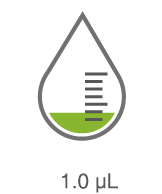
Reaction Time

Precision
≤ 1mmol/L,
SD < 0.1mM;
> 1mmol/L,
CV < 7.5%
Storage Condition

Hematocrit Range

Measurement Range
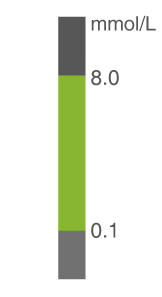


Cholesterol is a waxy substance which mainly made by the liver.It plays a vital role in how every cell works.
However, too much cholesterol in the blood can increase the risk of getting heart and circulatory diseases.

Cholesterol is necessary but too much can be harmful
High cholesterol has no symptoms. A blood test is the only way to detect it.
Low cholesterol related to depression.

- Cigarette smoker
- Family history of early heart disease
- High blood pressure
- Diabetes patients
- Overweight people


Sample Size
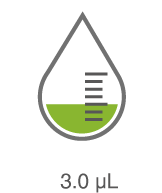
Reaction Time

Precision
CV < 7.5%
Storage Condition

Hematocrit Range

Measurement Range
